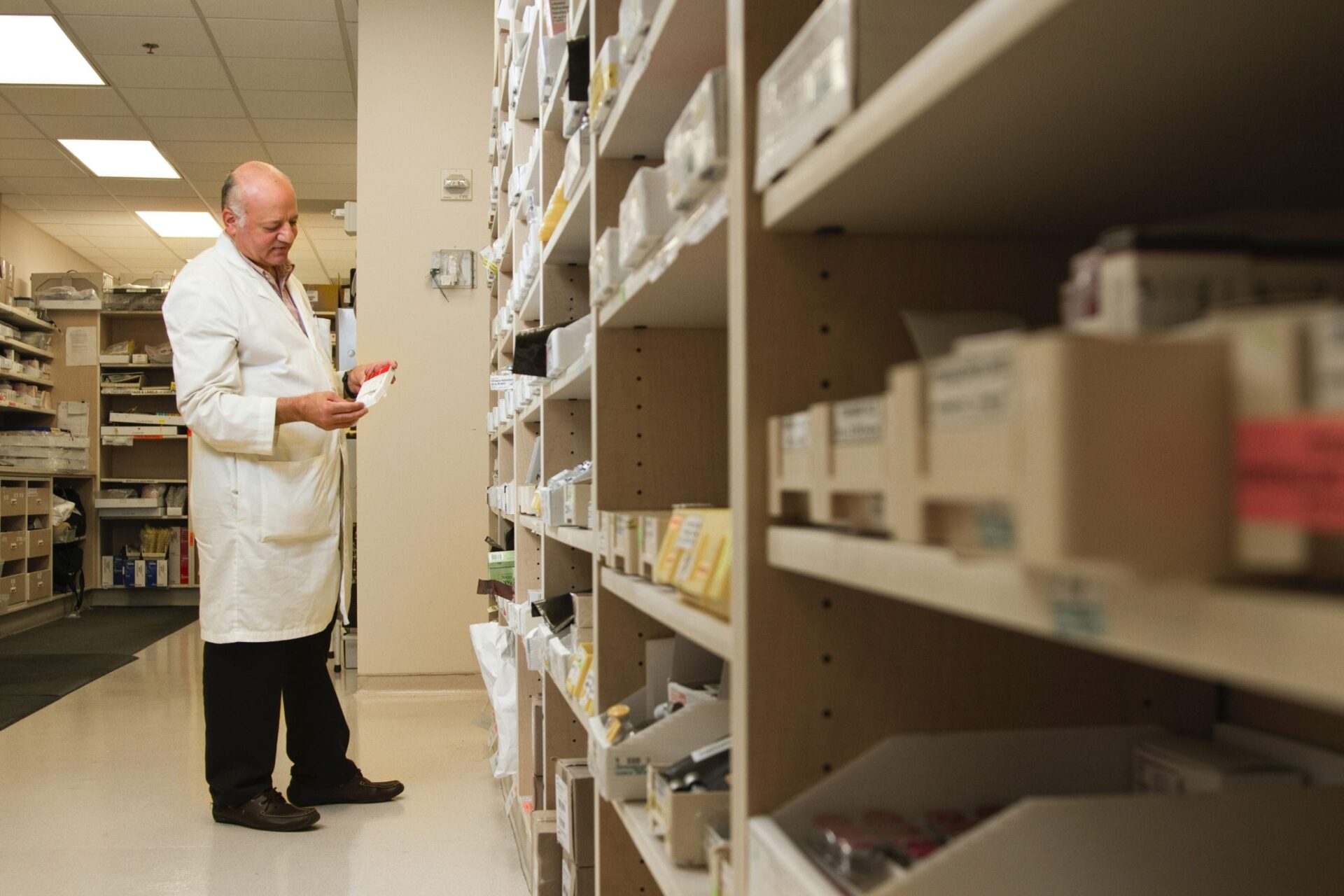
10 reasons why legal regulation of MDMA will be better for society and make ecstasy use safer
Legal access to MDMA: why and how
Josh Donelly
10.1.16
In the last ten years, an increasing number of global leaders, advocacy groups, doctors, lawyers, scientists and public health experts have openly supported changing the way society regulates psychoactive substances. Some of the most eminent are members of the Global Commission on Drug Policy which has identified the legal regulation of recreational drugs as the most effective way to reduce the damaging effects of drug prohibition and improve health and safety. We agree.
In the final part of our series, pharmacist Josh Donelly teamed up with Unharm director Will Tregoning to outline the main arguments for regulated, legal MDMA and what legal access in Australia could look like.
Here are ten reasons why legal regulation of MDMA will be better for society and make ecstasy use safer:
- MDMA manufactured legally according to standard pharmaceutical controls is less dangerous than illegal ecstasy.
- Prohibiting manufacturing and sales of MDMA increases the prevalence of new synthetic drugs designed to mimic ecstasy.
- Ecstasy markets would generate tax revenue that could be used to offset any social costs of ecstasy use.
- A reduced burden on law enforcement would save considerable tax revenue.
- The ecstasy trade would no longer significantly contribute to societal harm arising from organised crime.
- Basic human rights including the right to privacy will be restored for MDMA users.
- Ecstasy users and suspected ecstasy users would no longer experience negative encounters with law enforcement and the criminal justice system that adversely impact their lives and contribution to society.
- Consumers would be more likely to choose MDMA over other currently illicit drugs that have a greater risk of harm, including methamphetamine and GHB.
- It is likely that alcohol users will replace alcohol with MDMA in some instances. This would be beneficial because MDMA users are almost never violent, death as a result of direct toxicity is very rare and dependence potential is low.
- MDMA could be supplied in a professional setting that would allow for the promotion of responsible use and the provision of accurate public health messages.
Considering all the above, even a small to moderate increase in use would not increase overall harm to society. In jurisdictions around the world, moves away from prohibition and criminalisation have in fact reduced drug-related harm without significantly increasing consumption. MDMA prohibition has never effectively deterred ecstasy use anyway. As the gluttons of illicit drugs, Australia should be at the forefront of innovative drug policy.
What would the regulation of legal MDMA look like in Australia?
It is time to make legally regulated MDMA a reality and here’s how it could work:
- The government would contract a pharmaceutical company to produce quality-controlled MDMA at the lowest possible cost.
- No advertising of MDMA products need to be permitted and outer packaging would be plain, like other pharmaceutical drugs.
- A uniquely identifiable tablet and blister-pack would enable consumers and police to distinguish legal MDMA from other substances. If sold in powder or crystalline form, a single dose of MDMA would be contained in a distinctive sachet so that it was clearly identifiable.
- The price should be set to eliminate ecstasy black markets, and its effect carefully monitored.
- Sale would be restricted to adults.
- Other restrictions on sales would need to be carefully evaluated in order to prevent the growth of secondary markets or the reemergence of illicit manufacturing and sale. The majority of ecstasy users consume less than once a fortnight, so purchasing two 100mg dose units of MDMA every fortnight would probably satisfy most users.
- Licensed supply stations or booths could be set up at major festivals and club events. Legal MDMA could also be sold at some approved outlets in the community. For example, some pharmacies could be adapted to manage the supply of non-medical MDMA; a function that would be kept entirely separate from traditional practice.
- A tertiary education provider could establish an accredited MDMA short-course for training specialist vendors. This new breed of drug professionals would provide practical advice to consumers and monitor the sale of MDMA from licensed premises. Those who obtain certification might have previous qualifications in pharmacy, nursing, science and public health, yet operate under new guidelines and codes of ethics.
- Real-time supply tracking, counselling and drug interaction checking could be integrated into the model. At the very minimum, all purchasers should be given information about the responsible use of MDMA.
Australia should be willing to explore the options for legally regulating MDMA and implement a groundbreaking, truly progressive drug policy model that will be re-evaluated and improved over time. The model could also provide a blueprint for the legal regulation of other drugs.
In the academic community and among drug policy experts, the arguments supporting MDMA prohibition have already been defeated. The available evidence in scientific and legal literature points towards the legal regulation of MDMA as the fairest, most humanistic and likely most successful model in the long-term.
Legal access to MDMA is all but inevitable but it won’t happen by itself. Like all movements for justice, this one will only be successful when people who care about justice take action. You could start by initiating discussions about these ideas in your family home, at workplace lunches and dinners with friends. Share this post via social media, with a comment that invites debate. Practice your arguments and help build a coalition of supporters. Then as that power grows, let’s use it to bring politicians and parliaments into the conversation.
In 2012, Emeritus Professor David Penington AC, the former Dean of Medicine at Melbourne University and recent Victorian of the year, publicly backed the legal regulation MDMA. As the world moves towards a welcome new era in drug policy, will you be on the right side of history, with the experts and innovators? More to the point, will you help make it happen?
Photo Credit:
by National Cancer Institute on Unsplash
References:
This is part of a series of posts, based on Josh’s paper ‘The case for MDMA (ecstasy) regulation’ (http://www.ncbi.nlm.nih.gov/pubmed/26349381) published in the Journal of Law and Medicine, June 2015, 22(4):823-45. The paper challenges the medical and legal case for preventing legal access to MDMA and criminalising users, and proposes a properly regulated alternative. Access the full text with references here
Read the series
The case for MDMA regulation

Why is MDMA illegal, anyway?
To this day, there is no clear supporting evidence for the decision to restrict MDMA use in Australia through the application of criminal law. Here’s why.

The negative impacts of MDMA prohibition
The damaging effects of MDMA prohibition itself are even more concerning than that failure.

What would Mills have to say about MDMA?
British philosopher John Stuart Mill argued that one’s “own good, either physical or moral, is not a sufficient warrant” for state intervention.

The risks of MDMA: hysteria and hypocrisy vs the evidence
There is now ample evidence to conclude that the perceived dangerousness of MDMA is not justified by its real risks.
Sign up
Sign up for movement news and opportunities to get involved
We are building a movement to make drug use legal and safe in Australia so that everyone has a better chance to lead a healthy and happy life.